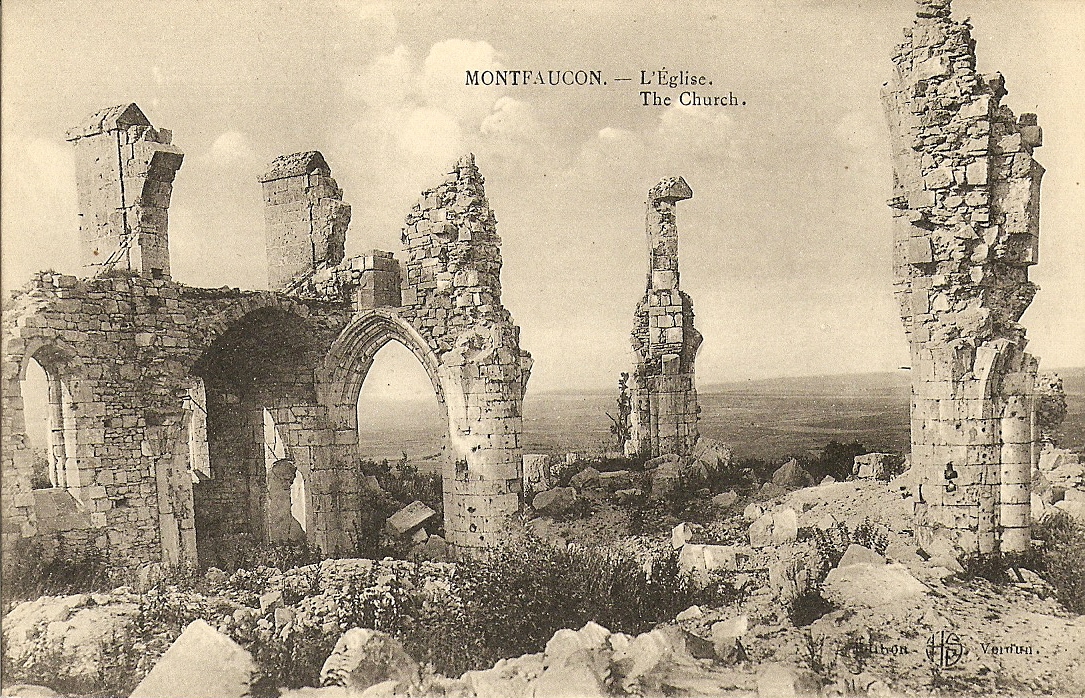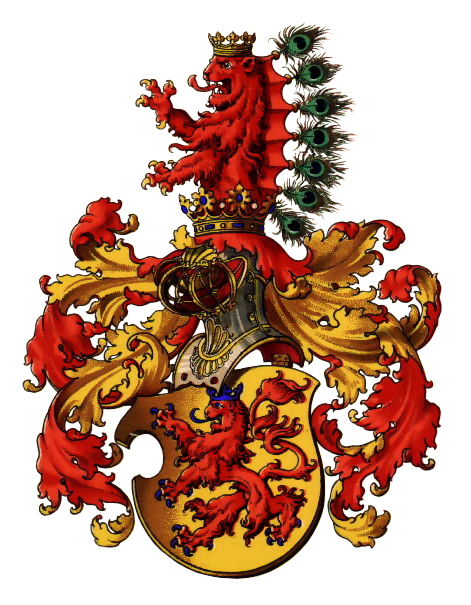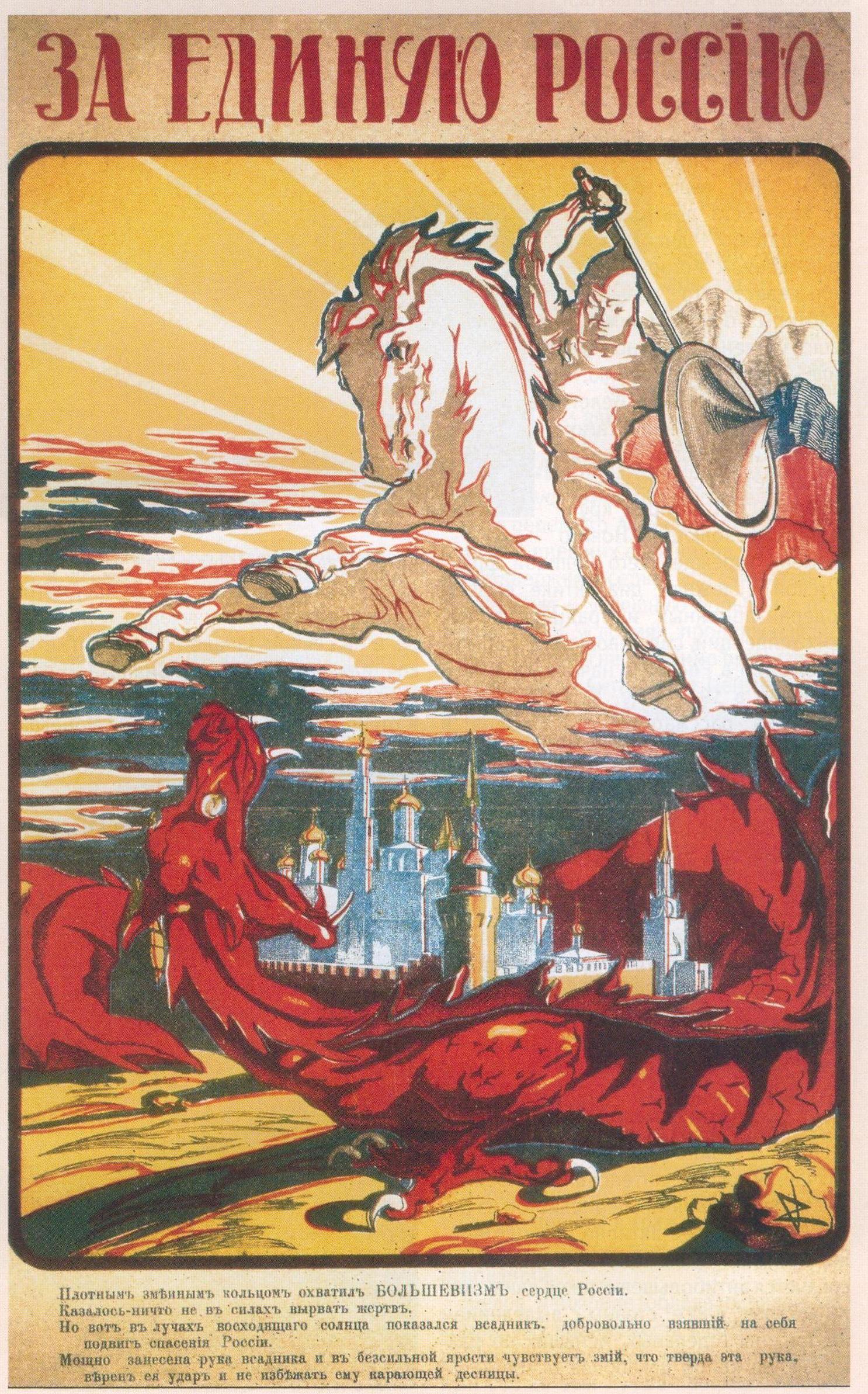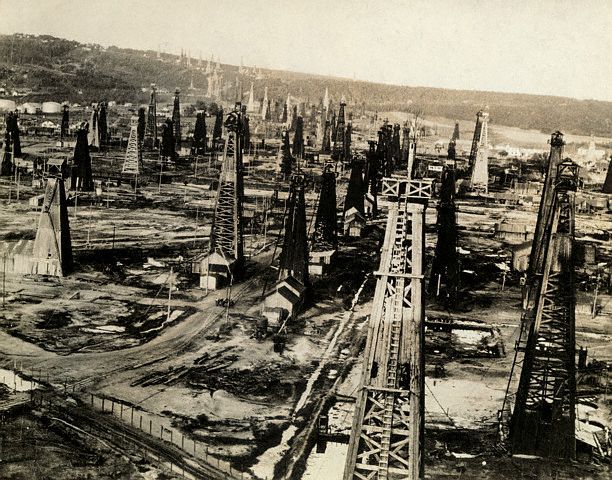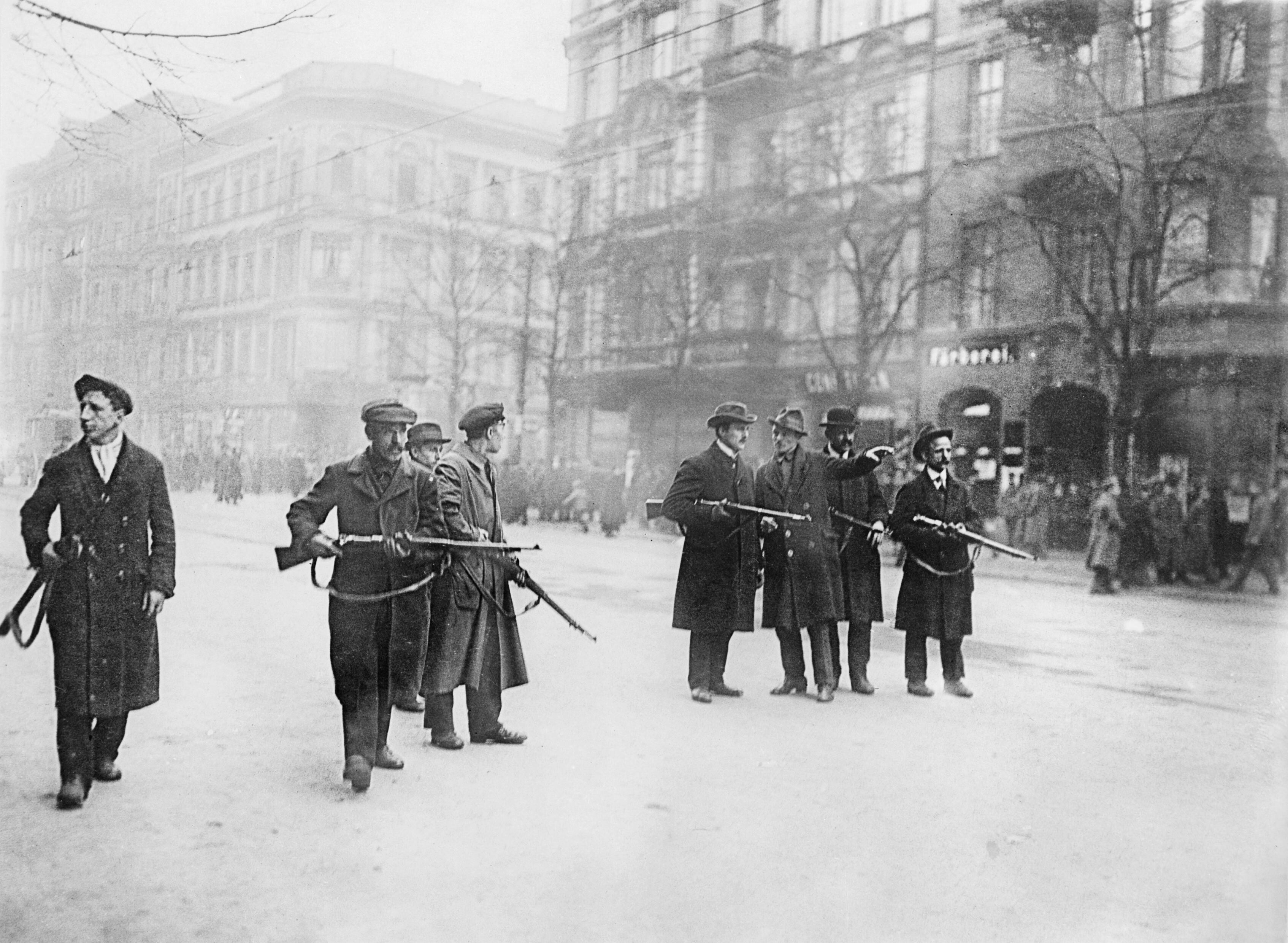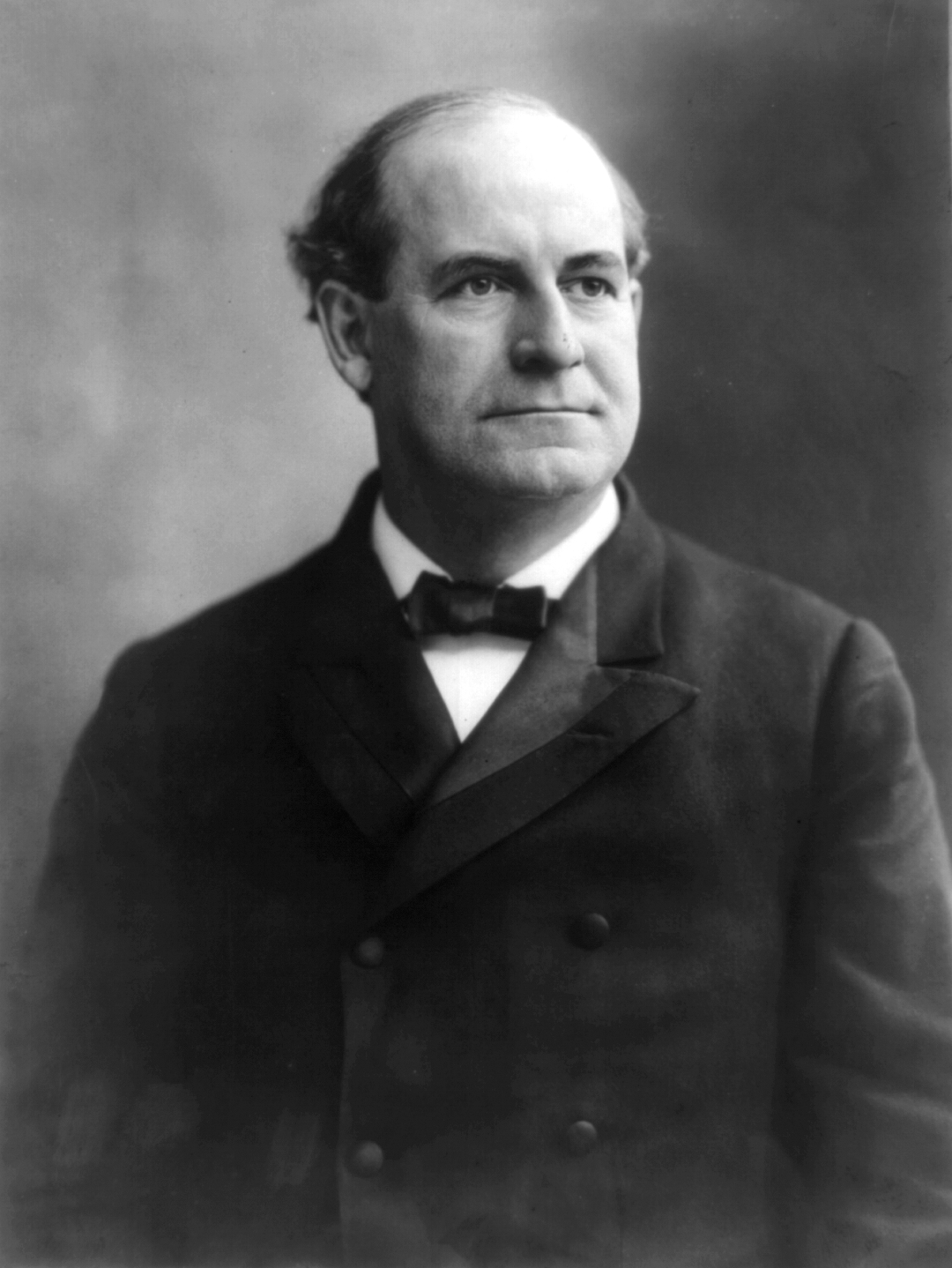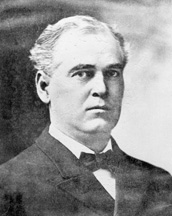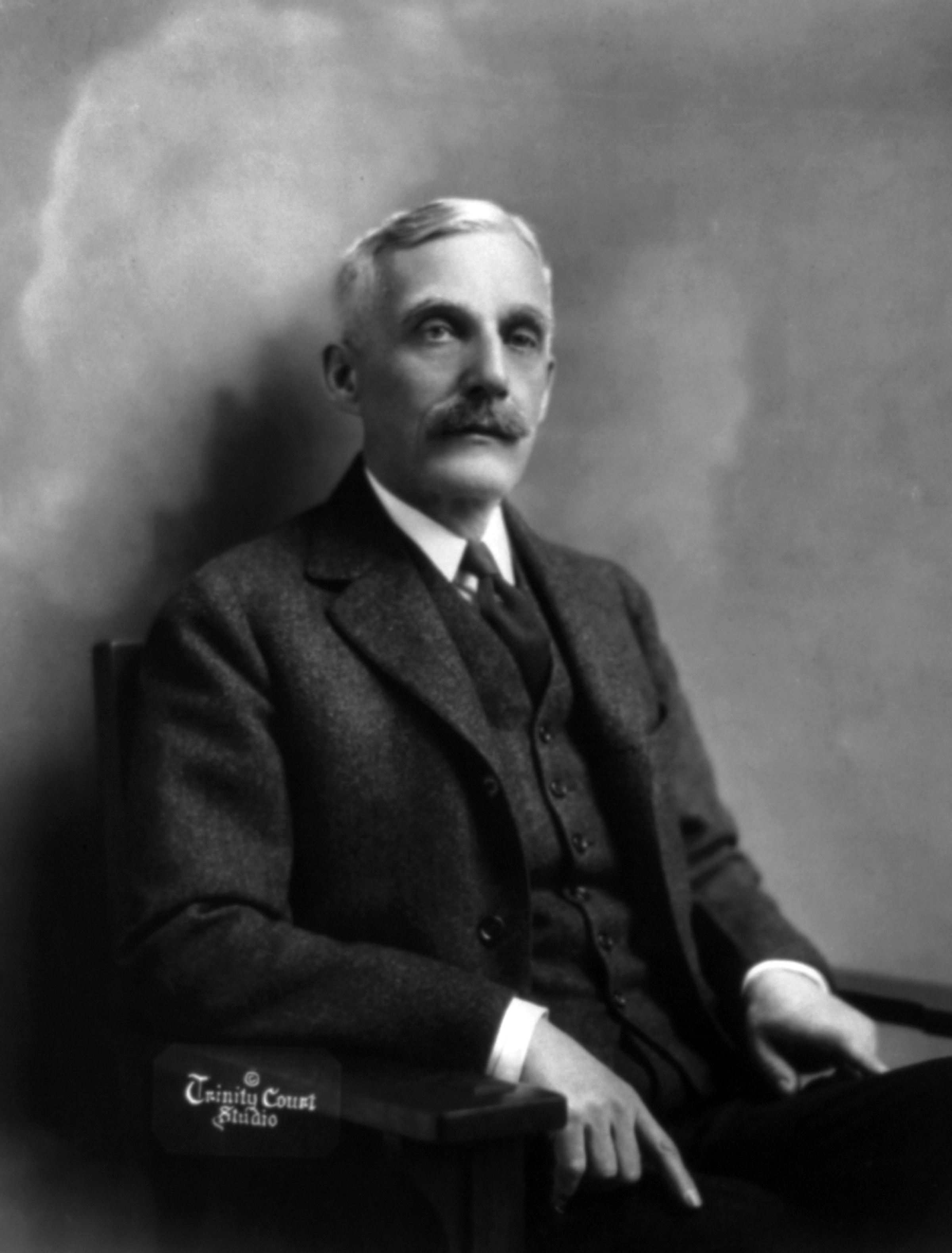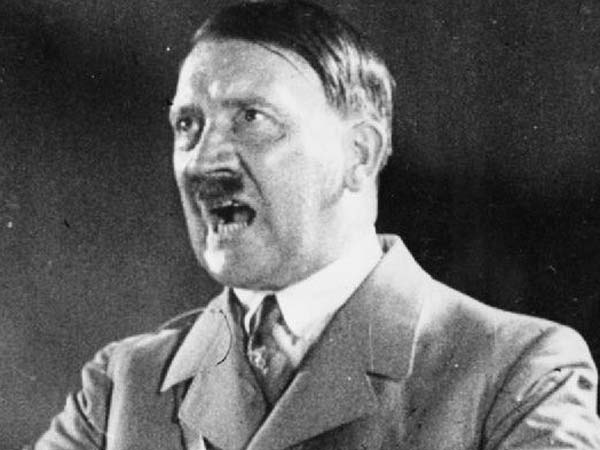France, January 1918:
"The Somme is a bitter place in this day and age. It resides in Picardy, which hosted the plague that swept across France just under two centuries ago, and whose name means "Dagger". The Dagger of Picardy has sliced through the hearts of all men who roam in this godforsaken entity, now in the form of bullets and poison gas" - Hitler in his diary during the war, on a tour across northern France.
Hitler found his time in France during the Great War as one of great patriotism, for not only could he be part and parcel of the "patriotic war effort", but he also could enjoy the drums of war without suffering it's consequences. He wrote of the great damage, with impeccable rhetoric and verbiage, yet he never truly processed it. No President would ever entertain war in such a manner in the future without being ignorant of it's dark soul. One of the pleasures he enjoyed in France was his meetings with Patton." -Adolph Hitler: An Impactful Legacy, by David McCullough, American Historian and author.
Captain Patton found the young scholar reading books on French History. Intrigued, he asked him:
"What's the book you're reading about?"
The mustached scholar responded,
"The books I have with me are about French History."
"So you're into History I gather."
"Ah yes. Very much so."
"Why, if I may ask?"
"It's wonderful examining all the intricacies of the past and understanding what various peoples did in the past and also understanding how and why are we where we are today."
"Interesting. You've certainly thought about this for a while now, haven't you?"
"Well I have had to. I have a doctorate in History."
"Is that so?"
"Yes."
"Well, on the battlefield you're one of the useless doctors who can't heal for crap".
Both men laughed, forgetting the gunfire that was only miles away from them.
"So where are you from?"
"San Antonio, Texas. And you?"
"San Gabriel, California."
"Ah yes. San Gabriel is famous for it's mission!"
"You sir, are very correct. I am half alarmed that you even knew that, but the other have is in complete awe."
"On the battlefield, they must call you, "the man with a mission."
It was now the Captain's turn to smirk.
"That's a good title. I'll keep it!."
A little pause went by, overturned by,
"So what captured your interest about my academic pursuits?"
"Well, I saw French on one of your books, and I'm very interested in the language."
"Oh you are! That's wonderful. Would you mind translating this paragraph for me? It's all in French, and I can't understand the chapter without it."
"I'll try my best."
And so Patton, the captain from San Gabriel, befriended the Iron Eagle.
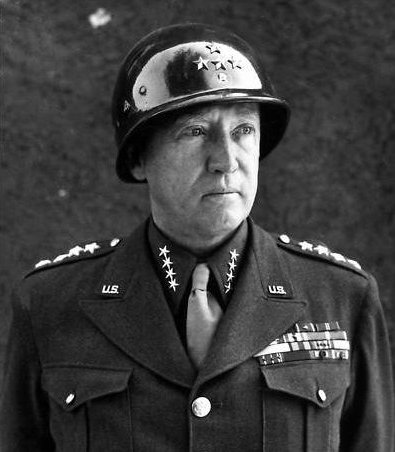
(General Patton, pictured in his later years. He was the President's closest confidante in the military, and whose friendship with Hitler lasted for numerous decades.)
Romania during the Great War:
"The Romanian front was one of great importance for the country, even though it was probably not highly impactful on a global scale. Led by the reforms of Minister of War Ion Antonescu, the Romanian military became the best in the Balkans. With just 30% of it's forces (it was necessary to defend the crucial border against the much more powerful Austro-Hungarian empire), it captured the whole northern frontier of Bulgaria, forcing it's Southern neighbor to focus heavily on keeping the Romanian army out.
Romania still did not have the military might of Vienna, as while the old empire was a former shadow of itself, it still boasted massive armies and with a militant Magyar leadership in it's east, was committed to the destruction of Romania. Yet, what took the Hapsburg armies by surprise was not only were their forces repelled out of the Romanian country side with relative ease, corners of Transylvania were in fact liberated from Hapsburg and Magyar tyranny by the end of the war." - Iuliu Maniu.

(Romania and it's neighbors, January 1918.)
"The Somme is a bitter place in this day and age. It resides in Picardy, which hosted the plague that swept across France just under two centuries ago, and whose name means "Dagger". The Dagger of Picardy has sliced through the hearts of all men who roam in this godforsaken entity, now in the form of bullets and poison gas" - Hitler in his diary during the war, on a tour across northern France.
Hitler found his time in France during the Great War as one of great patriotism, for not only could he be part and parcel of the "patriotic war effort", but he also could enjoy the drums of war without suffering it's consequences. He wrote of the great damage, with impeccable rhetoric and verbiage, yet he never truly processed it. No President would ever entertain war in such a manner in the future without being ignorant of it's dark soul. One of the pleasures he enjoyed in France was his meetings with Patton." -Adolph Hitler: An Impactful Legacy, by David McCullough, American Historian and author.
Captain Patton found the young scholar reading books on French History. Intrigued, he asked him:
"What's the book you're reading about?"
The mustached scholar responded,
"The books I have with me are about French History."
"So you're into History I gather."
"Ah yes. Very much so."
"Why, if I may ask?"
"It's wonderful examining all the intricacies of the past and understanding what various peoples did in the past and also understanding how and why are we where we are today."
"Interesting. You've certainly thought about this for a while now, haven't you?"
"Well I have had to. I have a doctorate in History."
"Is that so?"
"Yes."
"Well, on the battlefield you're one of the useless doctors who can't heal for crap".
Both men laughed, forgetting the gunfire that was only miles away from them.
"So where are you from?"
"San Antonio, Texas. And you?"
"San Gabriel, California."
"Ah yes. San Gabriel is famous for it's mission!"
"You sir, are very correct. I am half alarmed that you even knew that, but the other have is in complete awe."
Hitler smirked.
"On the battlefield, they must call you, "the man with a mission."
It was now the Captain's turn to smirk.
"That's a good title. I'll keep it!."
A little pause went by, overturned by,
"So what captured your interest about my academic pursuits?"
"Well, I saw French on one of your books, and I'm very interested in the language."
"Oh you are! That's wonderful. Would you mind translating this paragraph for me? It's all in French, and I can't understand the chapter without it."
"I'll try my best."
And so Patton, the captain from San Gabriel, befriended the Iron Eagle.
(General Patton, pictured in his later years. He was the President's closest confidante in the military, and whose friendship with Hitler lasted for numerous decades.)
Romania during the Great War:
"The Romanian front was one of great importance for the country, even though it was probably not highly impactful on a global scale. Led by the reforms of Minister of War Ion Antonescu, the Romanian military became the best in the Balkans. With just 30% of it's forces (it was necessary to defend the crucial border against the much more powerful Austro-Hungarian empire), it captured the whole northern frontier of Bulgaria, forcing it's Southern neighbor to focus heavily on keeping the Romanian army out.
Romania still did not have the military might of Vienna, as while the old empire was a former shadow of itself, it still boasted massive armies and with a militant Magyar leadership in it's east, was committed to the destruction of Romania. Yet, what took the Hapsburg armies by surprise was not only were their forces repelled out of the Romanian country side with relative ease, corners of Transylvania were in fact liberated from Hapsburg and Magyar tyranny by the end of the war." - Iuliu Maniu.

(Romania and it's neighbors, January 1918.)
Last edited:




